Photographs: Mukesh Gupta/Reuters Shankar Acharya
The real cause of the rupee's weakness is the relentless deterioration in our economic policies in recent years, Shankar Acharya.
Since last August the Indian rupee has been volatile and weak.
The rupee-dollar parity dropped from 44-46 last summer to a low of 54.2 in mid-December.
Some regulatory measures and substantial market intervention by the Reserve Bank of India in December and January (about $8 billion of dollar sales each month) restored the rate to around 50 by end January.
After the presentation of the Union Budget in mid-March, the rupee has been again jittery and anaemic, dropping to an all-time low of 54.9 on May 18, raising serious concerns in both the media and Parliament.
Senior government spokesmen have frequently blamed the unfolding Greco-European crisis as the principal cause for the rupee's woes.
. . .
The exchange rate: economics bites back
Image: A container is loaded on a trailer truck at Thar Dry Port in Sanand.Photographs: Amit Dave/Reuters
That is certainly an important factor, but almost certainly not the dominant one.
The real cause of the rupee's weakness is the relentless deterioration in our economic policies in recent years.
A falling rupee is simply a symptom of the underlying disease: unsound economic policies.
After hovering around one per cent of gross domestic product or less since 1991-92, the current account deficit in our balance of payments exceeded 2.5 per cent of GDP in 2009-10 and 2010-11 and is likely to have swelled to a new high of four per cent in 2011-12.
The combined (Centre and states) fiscal deficit more than doubled from its post-consolidation low of four per cent of GDP in 2007-08 to nine per cent in 2008-09 and remained above eight per cent in the next three years, despite governmental promises of exit from expansionary (read populist) fiscal policies.
. . .
The exchange rate: economics bites back
Image: An employee of the Korea Exchange Bank counts one hundred dollar notes at the bank's headquarters in Seoul.Photographs: Jo Yong-Hak/Reuters
Inflation has been stubbornly high for three years and counting.
Investment rates have fallen and may drop further.
Sectoral problems and constraints have proliferated; just think of power, telecom, oil and gas, fertilisers, airlines and textiles, to mention a few.
None of this was either preordained or unavoidable.
They reflect prolonged disarray, indecision (and sometimes corruption) and political 'compulsion' (a kind of revealed preference) in favour of soft options.
To take an example, the continuation of high fiscal deficits after 2009-10 cannot be justified as necessary antidote to global economic problems.
. . .
The exchange rate: economics bites back
Photographs: Mukesh Gupta/Reuters
Rather, it reflected failure to check rapidly increasing subsidies for oil products, fertilisers, foodgrain and electricity and a clear political preference for launching and expanding entitlement programmes (sometimes of dubious efficacy) without assuring their fiscal and economic sustainability.
Similarly, the steadily worsening finances of key government-controlled enterprises, such as railways, power utilities, oil companies, the government coal company and the national airline, reflect deep-seated preference for political expediency over economic and commercial good sense.
. . .
The exchange rate: economics bites back
Image: A Kashmiri shopkeeper makes a garland of Indian currency notes inside his shop in Srinagar.Photographs: Fayaz Kabli/Reuters
Even the major success story of mobile telephony has become vulnerable to the compromise and sleaze associated with "coalition compulsions".
There have also been non-political policy errors.
For example, in the period between spring 2009 and summer 2010, as world trade and capital flows recovered after the global crisis, the RBI chose to allow the steepest ever appreciation of the rupee: about 15 per cent in terms of the 36-currency, trade-weighted real effective exchange rate index, and over 20 per cent according to the six-currency REER index relating to major trading partners.
As I pointed out in a series of articles in Business Standard in 2010 (April 10 and 22, September 23 and November 25), this steep appreciation of the rupee made little sense against the background of widening trade and current account deficits.
. . .
The exchange rate: economics bites back
Image: A demonstrator from the Occupy Wall Street campaign stands with a dollar taped over his mouth as he stands in Zucotti Park.Photographs: Lucas Jackson/Reuters
The better policy would have been to moderate the appreciation through reserve-augmenting dollar purchases by the RBI along the lines it so successfully deployed in 2003-07.
This would have reduced the level of external deficits we are now facing, increased the war chest of forex reserves and contained the damage to our industrial growth from weakened competitiveness.
However, the primary responsibility for worsening economic policies clearly lies with government and includes: the costly tightening of environmental regulations in 2010, which hit major completed and ongoing projects and sharply curtailed areas for coal mining; and the proliferation of major scams in the allocation of government-controlled resources (such as telecom spectrum) and their aftermath of near stasis in governmental decision-making with adverse consequences for the investment climate.
. . .
The exchange rate: economics bites back
Image: A worker counts US dollar bills at a money changer in Manila.Photographs: Romeo Ranoco/Reuters
Against the darkening background of deteriorating economic policies and outcomes, there were hopes that the 2012-13 Budget would point to a brighter future.
Such hopes were dashed in mid-March when the Budget presented a lurch towards retrospective taxation, an expansion of discretionary authority of tax administration and little by way of credible measures to tackle the yawning fiscal deficit.
Small wonder that investor sentiments, both domestic and foreign, suffered a major setback.
The resulting slowdown in net foreign capital inflows contributed to recent declines in the rupee's value.
Basically, the rupee's exchange rate is acting as both a shock absorber and a warning to policy makers to improve the coherence and rationality of our economic policies.
. . .
The exchange rate: economics bites back
Photographs: Reuters
A depreciated rupee is also acting as a built-in stabiliser by cheapening Indian assets (and thus encouraging dollar inflows) and making exports and import-substituting activities more profitable.
So, in theory, a cheaper rupee should, in time, improve both the current and capital accounts of our external finances.
But sharp and unexpected depreciations can also be excessive and destabilising.
So, the RBI is, quite correctly, trying to put some brakes on the process, even though market intervention in turbulent times is more an art than a science.
However, RBI actions are palliatives, at best.
. . .
The exchange rate: economics bites back
Image: RBI headquarters.Photographs: Reuters
The real cure lies with the government's economic policies.
So what should be done?
When a senior public official asked me that recently, my somewhat unhelpful response was, "I wouldn't like to start from where we are today!"
More constructively, the first order of business should be to bite that promised bullet and raise petroleum and fertiliser prices to reduce the burgeoning subsidies.
Second, the government should undertake administrative steps to implement some mood-lifting reforms.
Whether this relates to foreign direct investment in retail or some other measures, the authorities are best positioned to judge what is feasible.
. . .
The exchange rate: economics bites back
Image: Kashmiri women walk past Indian currency notes.Photographs: Fayaz Kabli/Reuters
Third, the government should focus on de-bottlenecking large, ongoing public and private projects.
Fourth, the government should accelerate efforts to achieve agreement with the opposition parties and states to implement the long-promised goods and services tax.
Finally, the government and the RBI should work out contingency measures to deal with the consequences of further turbulence (including possible break-up) of the euro zone.
Even a modest improvement in economic policies, together with some luck on global oil prices, could improve our economic prospects.
In their absence, we are in for a difficult time. As the old adage goes: "What can't go on, won't."
The author is Honorary Professor at Icrier and former Chief Economic Adviser to the Government of India. These views are personal

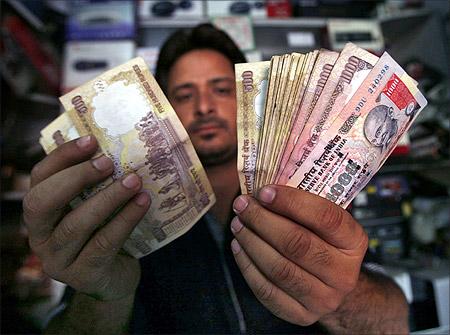
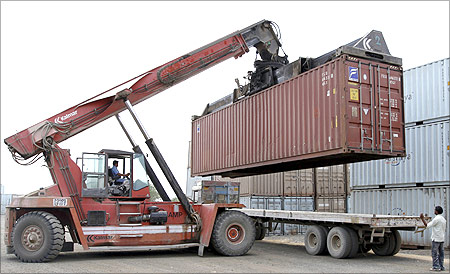
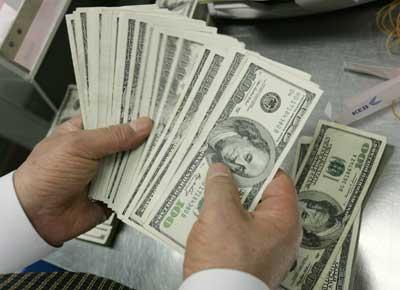
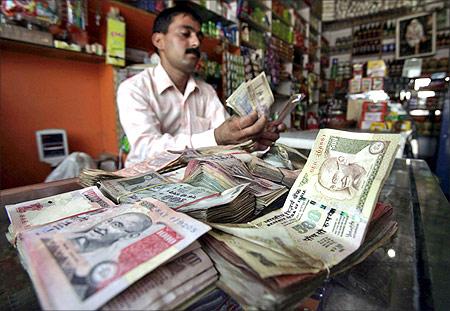
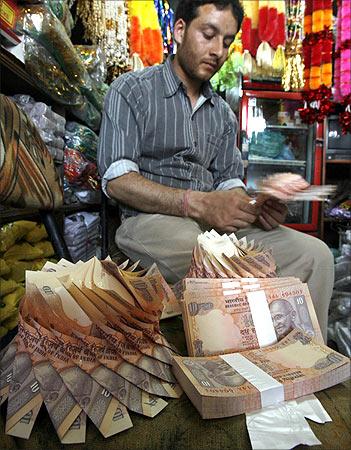
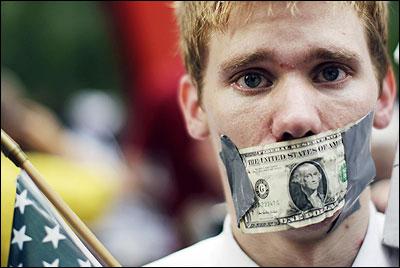
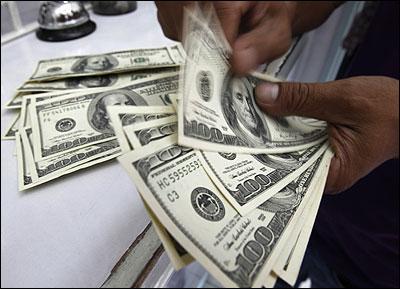
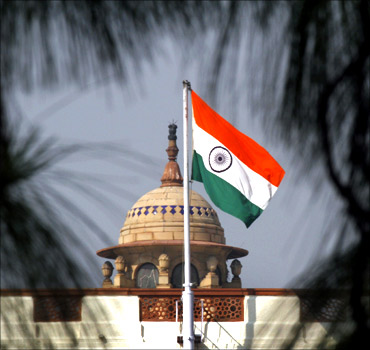
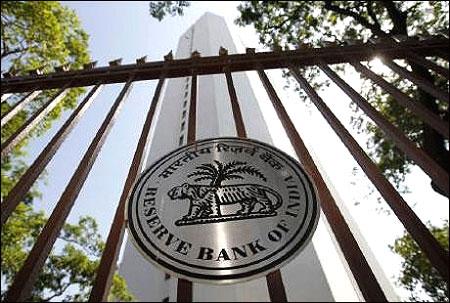
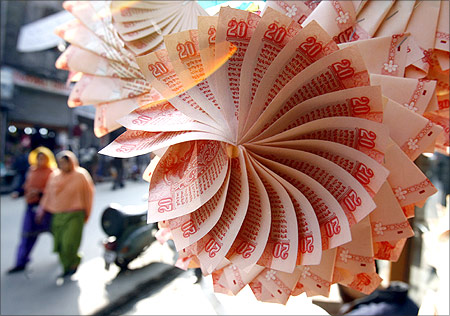

article